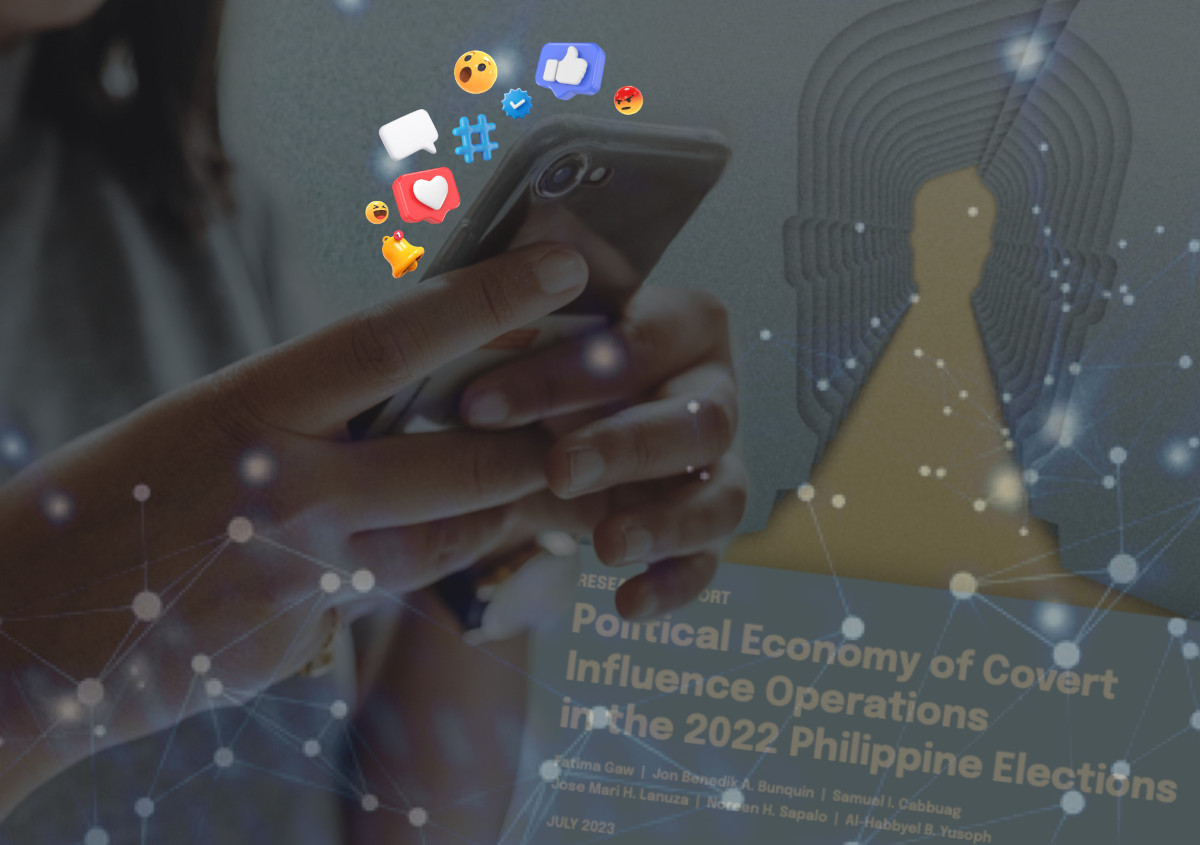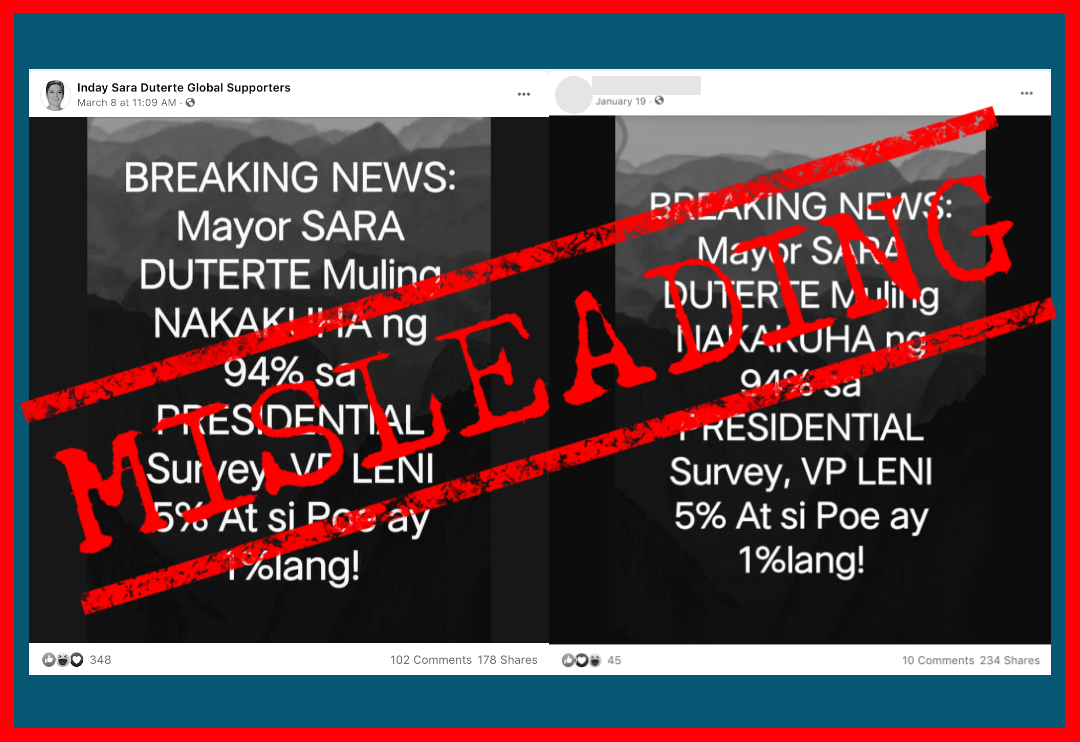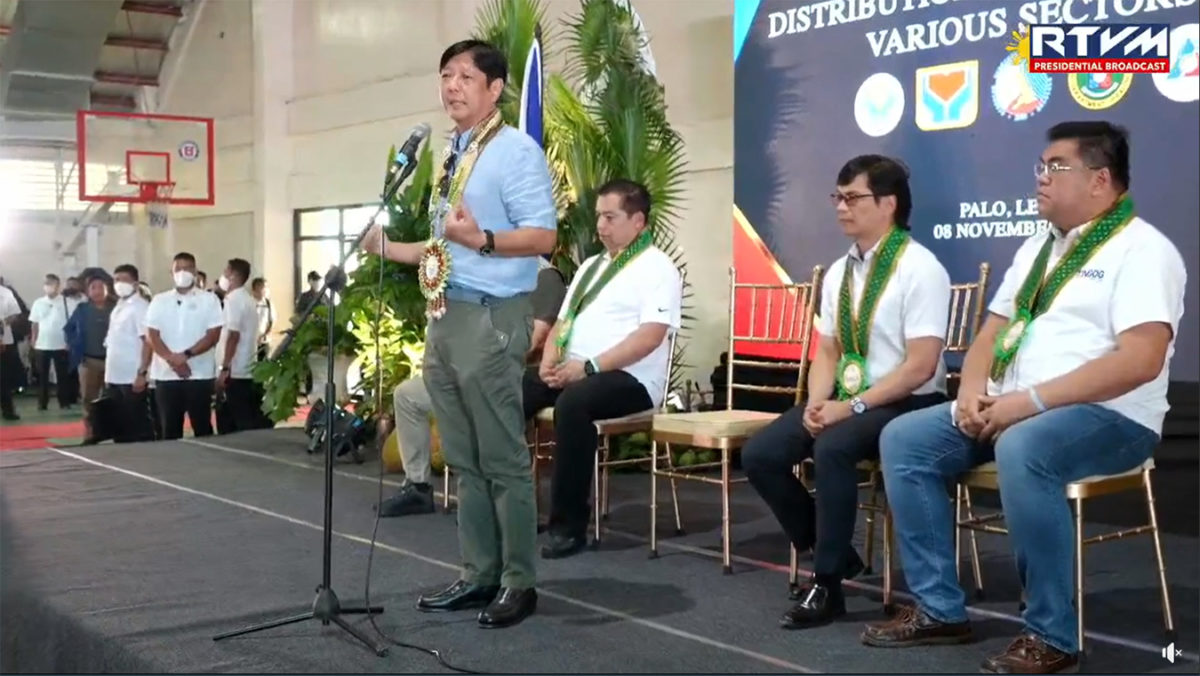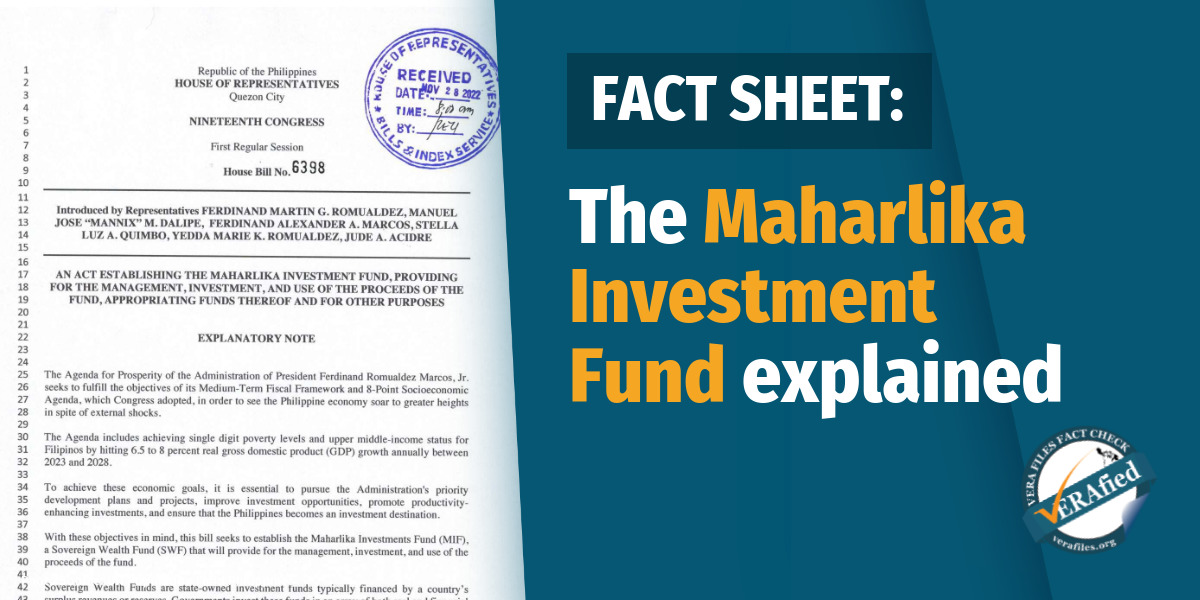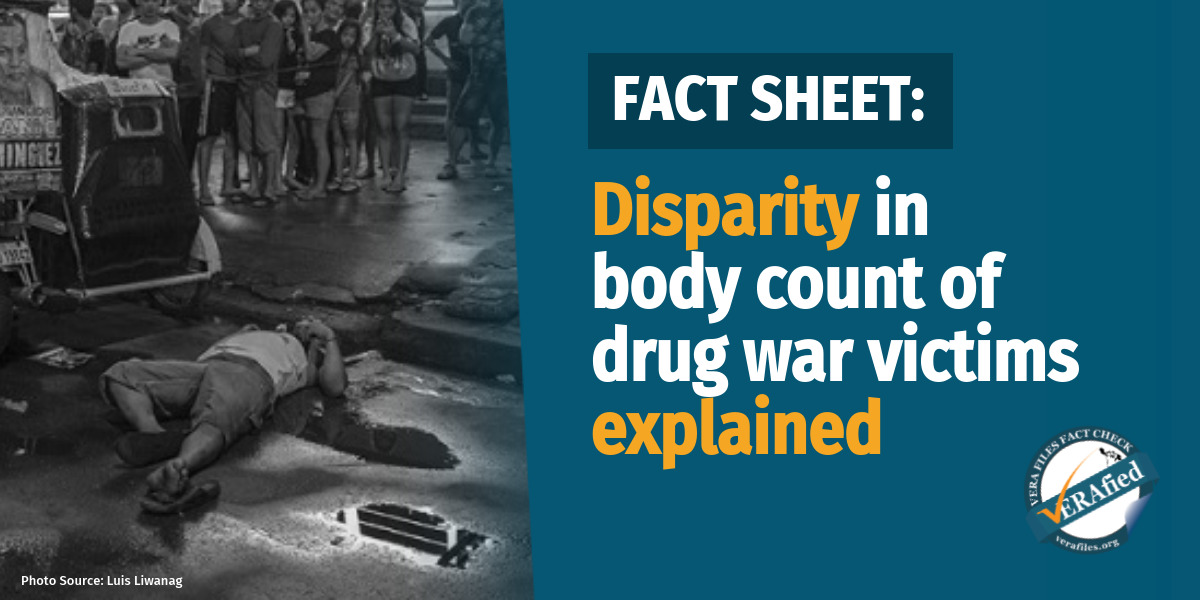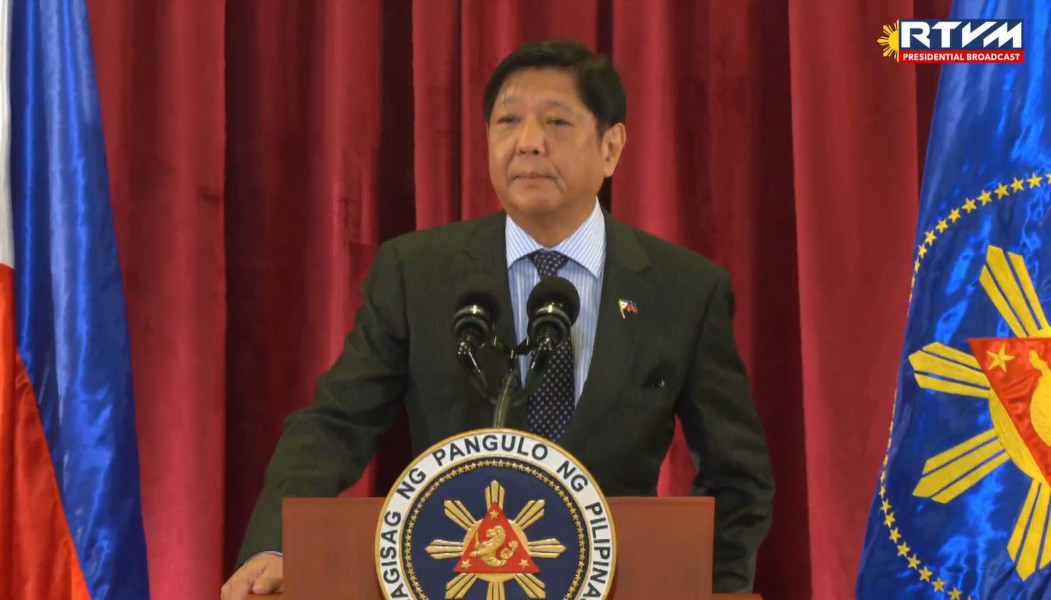Regular TikTok users immediately spot her signature look, which she is known for even outside the platform. After all, image is everything for social media influencer ‘Macy’, who asked to remain anonymous.
During the 2022 elections, this getup even matched the campaign colors of Macy’s preferred presidential candidate. So it was a no-brainer when the candidate’s team requested her to post a video for the campaign.
A quick look at Macy’s feed at the time will show quite a few posts endorsing the candidate, making the commissioned video indistinguishable from what she would otherwise post out of personal conviction.
Though the work was done pro bono, a “surprise” honorarium was awarded after execution.
“What I’ve noticed is that the influencers on the campaign [I joined] are relatively better respected and have good online reputations,” Macy said in a mix of English and Filipino.
This wasn’t the only PR stint offered to the influencer last election.
Pre-campaign offer
A supposed representative for a senatorial bet contacted Macy in 2021, before the official campaign period, for premature publicity. The agent asked about her rates, but P2,000 was eventually offered for minimal social media gimmicks.
“I was surprised by how direct [his team was]. I never considered accepting because I don’t want to endorse him or be associated with him,” said the influencer. The representative has since unsent the message containing the invite, Macy added.
As for the candidate she ended up promoting, she expressed shared values with the campaign. Speaking about the gig assigned to her, “it was well-executed and the stances were more firm.”
Despite this, the candidate Macy featured is one of four that a recent study infers to have spent millions of pesos on covert online campaigning.
Billions for covert campaigns
Published on July 31, the report “Political Economy of Covert Influence Operations in the 2022 Philippine Elections” found that candidates spent up to P1.5 billion outside of declared campaign expenses to commission influencers like Macy for covert campaigning during the 2022 general elections.
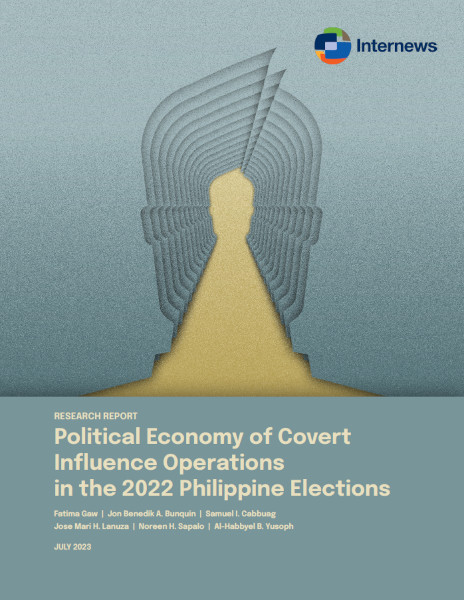
The study was published by Filipino researchers Fatima Gaw, Jon Benedik Bunquin, Samuel Cabbuag, Jose Mari Lanuza, Noreen Sapalo and Al-Habbyel Yusoph.
International media organization Internews funded the report, the first to make data-informed estimates on the extent of covert political influence operations.
“Political influencers are paid to do one or a combination of the following: amplify content, disparage competition, sow doubt or spin narratives,” the researchers wrote.
The study found that social media influencers were in high demand for political campaigns because of their familiarity with the online audience.
“Many of the influencers include their own personal branding or persona in their content,” the report said. “This creative strategy was used by influencers to ‘stir’ and provoke camps.”
Retainer or pay-per-post
Unlike their commercial counterparts, political influence operations do not follow standard rates. Prices may be set based on one’s following, performance and political notoriety.
Through interviews with influencers, campaign managers and political consultants, the researchers found two types of contracts for political influencers: retainer contracts, often done by prominent figures over an extended period of time, and a pay-per-post setup to “test the waters” with smaller influencers.
The study estimated a total cost of P1.5 billion for retainer contracts and P600 million for a pay-per-post structure. Computations were based on influencer rates from a PR firm, with TikTok prices as a baseline due to the least cost estimates.
Researchers determined 1,425 accounts likely engaged in covert campaigning based on their content, network and behavior. At least 584 unique influencers were suspected to have operated multiple accounts across platforms.
Among the presidential candidates, the study projected Ferdinand Marcos Jr. to have spent the largest amount on political influencers at P351 million. Following this was Leni Robredo at P135 million, Isko Moreno at P42 million, and Manny Pacquiao at P1 million.
More study needed
However, the study warns that its findings are merely attempts to produce data-informed estimates. “These crude estimates are not to be taken in absolute terms given that we do not have the data to confirm the relationship between overt political support and commissioned influence work,” it said.
The study further warned readers of “more subtle manipulation techniques” amid intensifying disinformation before and after the 2022 elections.
“Influence operations go beyond disinformation by blurring the lines between whose interests are driving the media content and by casting doubt on the authenticity of the content.”
Given the estimated amount spent outside of declared campaign expenses, a recommendation is for policymakers to expand the scope of the Statement of Contributions and Expenditures to broaden the range of non-advertising expenses.
“Self-reporting of finances must be supported with documentation, which implies that social media workers should also be required and incentivized to make their engagements with political campaigns transparent,” it said.
(The author is a journalism student at the UP College of Mass Communication and doing her internship with VERA Files.)
